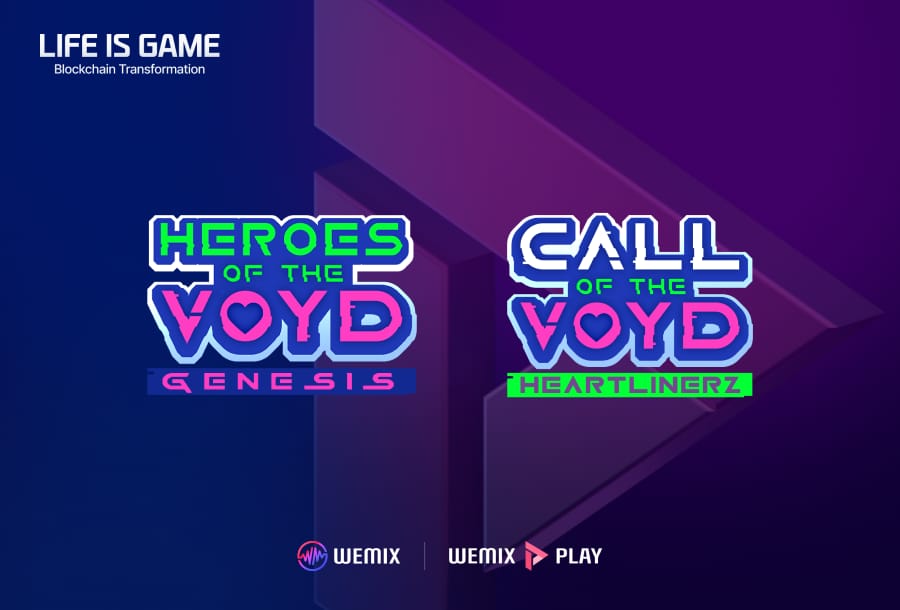Brazil is thinking seriously about issuing its own CBDC (Central Bank Digital Currency).
Until now we had referred to this project as the “digital real,” since the “real” in fact is Brazil’s currency.
Whereas now we know the name of Brazil’s CBDC will be Drex.
Brazil’s Drex, a CBDC
Agencia Brasil reports that the official name was confirmed by the bank’s economist Fabio Araujo, coordinator of the initiative, during a YouTube live broadcast of the monetary authority.
This is an acronym, as each letter in the word DREX equates to a feature of the instrument.
“D” obviously represents the word digital, and “R” obviously stands for real. The “E,” on the other hand, represents the word “electronic,” while the “X” was added to convey the idea of modernity and connectivity, as well as echoing the last letter of the instant money transfer system Pix created in 2020.
According to the statement, Drex should be used to make life easier for Brazilians by providing citizens and entrepreneurs with a safe and regulated environment for the generation of new businesses, and more democratic access to the benefits of the digitization of the economy.
The CBDC project of Brazil
Of course, the Drex will only be a digital version of the real, meaning not a new currency, but a new version of the existing currency.
There has been talk of launching a national CBDC in Brazil since last year, and last month the first computer codes about it began to leak out. But the final market release is not expected until the end of next year. The first operational tests should begin in September.
Given that similar initiatives in other countries have not been very successful, it is not easy to understand why Brazil wanted to pursue it.
It is generally believed that the real advantage of using a CBDC instead of a regular fiat currency in a digitized format is mainly to allow the central bank to better monitor money flows.
In fact, unless it is used within smart contracts, a CBDC does not add relevant benefits for citizens.
Indeed, smart contracts cannot use traditional fiat currencies unless they are created by the central bank itself. Whereas on the platform of CBDCs in theory one could also host smart contracts of private individuals, i.e., computer programs that carry out financial money transactions independently, albeit in a perfectly predictable way.
For example, the Drex should only be a wholesale currency, not usable directly by retail users, because it will be accessible only through virtual wallets linked to payment institutions, such as banks and correspondent banks.
Competition
In light of all this, it is clear that CBDCs are not at all, and cannot be, competitors to cryptocurrencies.
It also seems unlikely that they can be competitors to stablecoins, which are crypto tokens that replicate the value of fiat currencies.
Stablecoins are anonymous, or at least pseudo-anonymous, uncensurable, and can also be used on decentralized finance protocols.
CDBCs will not be anonymous at all, and will be absolutely subject to censorship. Nor will they be able to be directly used on decentralized finance platforms. So they will only be able to compete with stablecoins on centralized platforms such as exchanges, but on which fiat currencies are already in use.
In summary, CBDCs will compete primarily, or even exclusively, with traditional fiat currencies, since they are for all intents and purposes the exact same thing, just in a different format.
Even on centralized exchanges those who choose to use stablecoins instead of fiat currencies will probably continue to prefer them over CBDCs in the future as well.
For all these reasons, the assumption that has been circulating for some time now is that CBDCs will be a step forward especially with regard to anti-money laundering (AML) and counter-terrorist financing monitoring.
Moreover, CBDCs like the Brazilian one will be used almost exclusively by Brazilians, as well as those who stay abroad but need to make financial transactions to and from Brazil.







